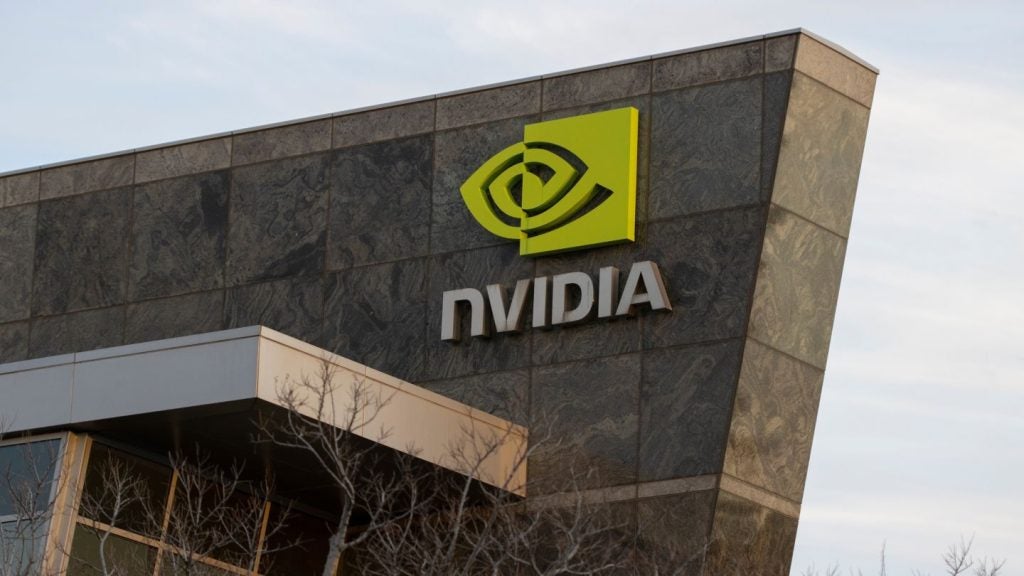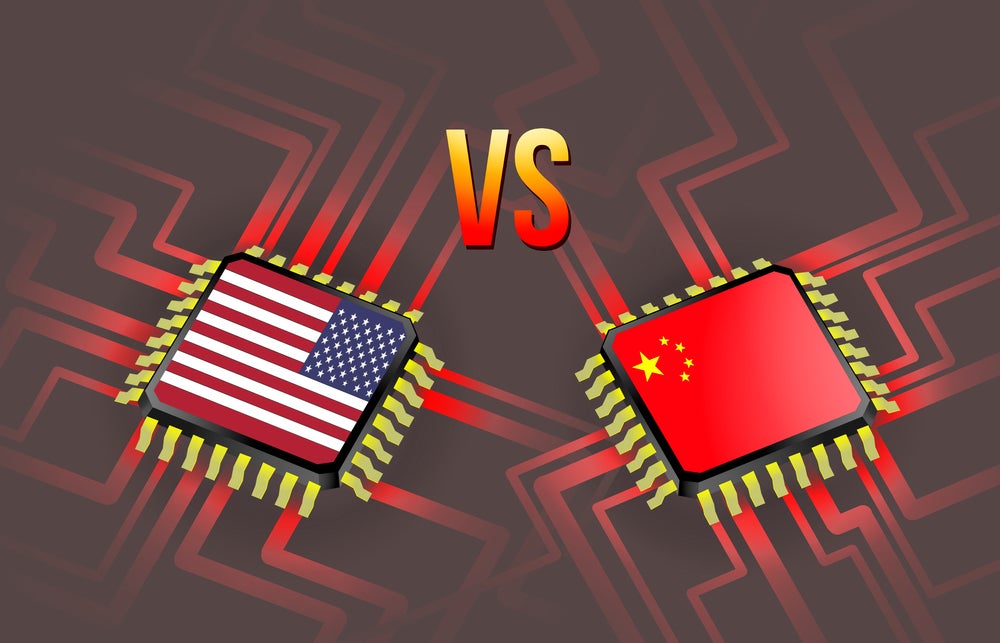
GlobalData’s 2023 thematic intelligence report into tech regulation identified antitrust as one of the major regulatory pressures facing tech companies. Regulators are rethinking how tech companies should be monitored. Some of the year’s biggest deals only just made it across the regulatory line.
Microsoft’s acquisition of Activision
The most expensive gaming acquisition of all time, Microsoft’s $69bn deal to acquire Activision (the publisher of Call of Duty) was first announced at the beginning of 2022.
However, the US Federal Trade Commission (FTC), the European Commission and the UK’s Competition and Markets Authority (CMA) all raised antitrust concerns about the deal.
The transaction was blocked by the CMA in April, citing concerns over the company owning too large a share of the nascent cloud gaming market.
The CMA ultimately approved the deal in October 2023, after Microsoft restructured its offer to sell a portion of the gaming rights to Ubisoft Entertainment, satisfying initial competition concerns to preserve better services for the gaming industry.
“We delivered a clear message to Microsoft that the deal would be blocked unless they comprehensively addressed our concerns and we stuck to our guns on that,” CMA chief executive Sarah Cardell said.
After temporarily blocking completion of the acquisition, the FTC withdrew its challenges in July, making way for the deal to go through.
Microsoft has continually reaffirmed that its acquisition of Activision would benefit both gamers and the gaming industry.
Adobe’s attempted acquisition of Figma
Computer software company Adobe’s attempted $20bn acquisition of design application Figma came under fire from antitrust regulators this year.
Adobe attempted to defend its acquisition in a closed court hearing early this December after EU regulators were concerned the deal would diminish competition within the design industry.
However, Adobe failed to defend its acquisition, ultimately terminating the deal on 18 December after stating there was “no clear path” towards approval from the EU and UK.
Cisco acquisition of Splunk
Cloud and cybersecurity provider Cisco signed a deal to acquire data and software company Splunk for $28bn. The deal is expected to be completed by the third quarter of 2024.
The transaction is now subject to certain regulatory approval and other customary closing conditions, including approval from Splunk’s shareholders.
Following the deal’s completion, Splunk president and CEO Gary Steele will join Cisco’s executive leadership team and report to Cisco chair and CEO Chuck Robbins.
Both Splunk and Cisco have stated that the partnership will drive innovation in observability and cybersecurity.
Broadcom acquisition of VMware
Semiconductor manufacturer Broadcom completed its acquisition of cloud computing company VMware on 23 November.
The $61bn deal had long-awaited approval from antitrust regulators around the world, with China becoming the last hurdle.
Broadcom’s decision to restructure VMware’s employees and its revamping of the company into different factions has led industry watchers to question whether VMware really is VMware anymore.
Databricks’ acquisition of MosaicML
Data and artificial intelligence (AI) company Databricks signed a definitive agreement in June to buy generative AI company MosaicML for nearly $1.3bn.
Together, the companies sought to open up generative AI to all businesses, allowing them to develop, control and secure generative AI models using their data at much lower costs.
“Every organisation should be able to benefit from the AI revolution with more control over how their data is used,” commented Databricks CEO and co-founder Ali Ghodsi.
Atlassian acquisition of Loom
US-Australian software management company Atlassian welcomed Loom to its family of businesses this October.
Atlassian acquired screen-recording and video messaging provider Loom for around $975m (A$1.45bn) in an attempt to drive collaboration between workers across countries and time zones. Both companies have heavily invested in AI to help customers transition between video, transcripts and documents.
Co-founder and CEO of Loom, Joe Thomas, expressed excitement at the merger. “Loom’s vision is to empower everyone at work to communicate more effectively wherever they are, and by joining Atlassian, we can accelerate their mission to unleash the potential of every team,” he stated.
AMD acquisition of Nod.ai
AMD’s acquisition of Nod.ai in October was seen as the semiconductor company’s attempt to catch up with Nvidia.
As part its AI development drive, AMD acquired AI start-up Nod.ai (or Nod Labs) for an undisclosed price. At the time of writing, Nod.ai has raised funding of more than $20m. In a blog post announcing the completion of the deal, AMD stated that Nod.ai’s knowledgeable AI workforce was the driving factor behind the deal.
“The addition of the talented Nod.ai team accelerates our ability to advance open-source compiler technology and enable portable, high-performance AI solutions across the AMD product portfolio,” commented AMD senior vice-president of AI Vamsi Boppana.







